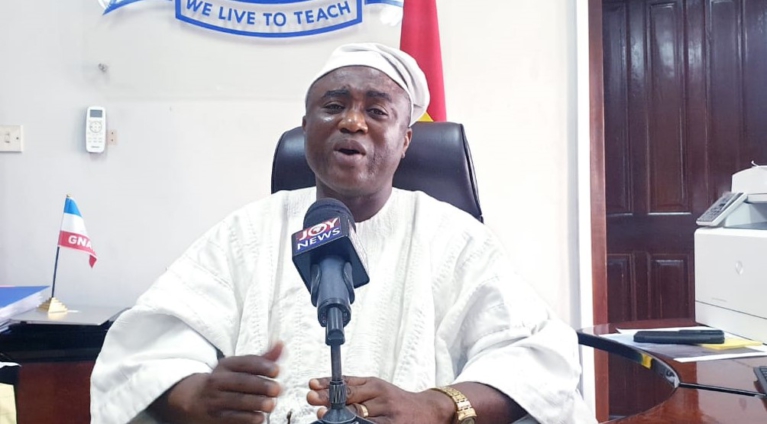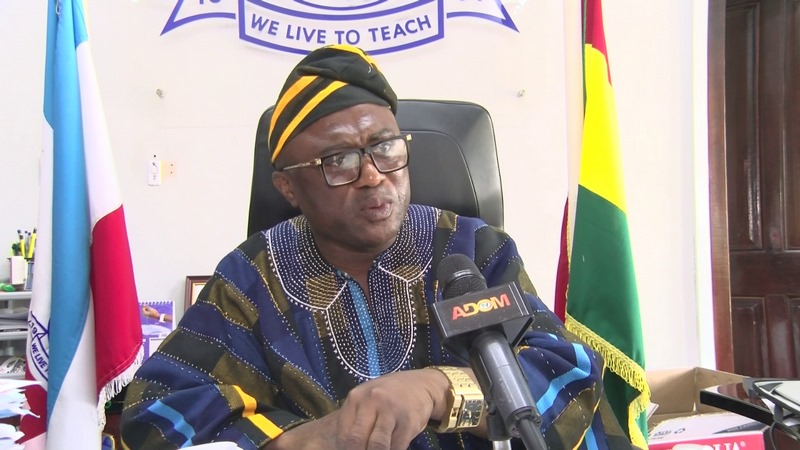The General Secretary of the Ghana National Association of Teachers (GNAT), Thomas Tanko Musah, has called on the government to honour its promises to teacher unions.
Speaking on Joy FM's Midday News on Monday, August 19, Mr. Musah stressed that the government had promised affordable housing for teachers in 2022, yet two years later, the promise remains unfulfilled, yet the promise has been made anew.
According to him, the government needs to revisit this commitment and not make new ones.
"We’ve been here before and I think that we cannot easily progress without looking at what had happened in history. Two years back, we engaged the government and they promised us that they were going to ensure that we get affordable housing.
"When you look at the budget statement, page 105 and paragraph 589 it is there that government will engage the teacher unions specifically NAGRAT to ensure that affordable housing is put in place .. so this is a nice opportunity to give a reminder,” he said.
Mr. Musah also urged the government to expedite action on other promises, such as promoting teachers from the rank of Deputy Director to Director 2 and 1, addressing issues faced by teachers in deprived areas, and delivering on the "laptop per teacher" initiative.
His comments come in response to a recent pledge by Dr. Mahamudu Bawumia, the flagbearer of the New Patriotic Party (NPP), who during the unveiling of the party’s 2024 electioneering campaign manifesto, promised to offer incentives for teachers to purchase vehicles with engine capacities of up to 1,800CC.
While Mr. Musah acknowledged the importance of this initiative—noting that teachers had benefited from similar incentives in the past—he stressed the need for the government to fulfill previous promises before making new ones.
"...But as I said, the other ones they have promised and haven’t been delivered, we are asking of it and we want them to speak to those issues for us.”
Additionally, Mr. Musah called for the establishment of a pre-education funding act to ensure sustained financing for public education, pointing out that basic education in Ghana is currently facing significant challenges.






